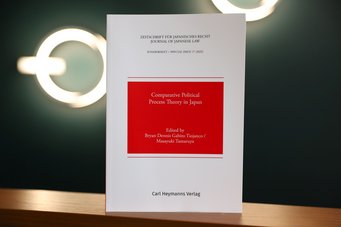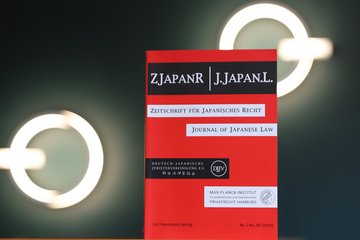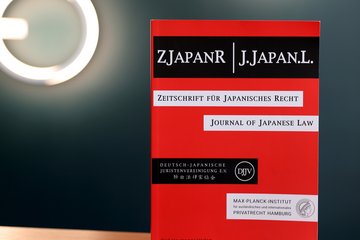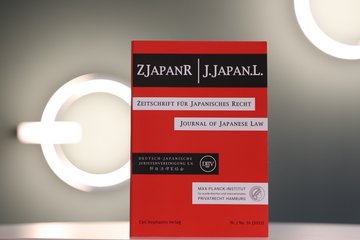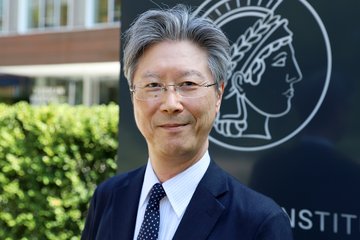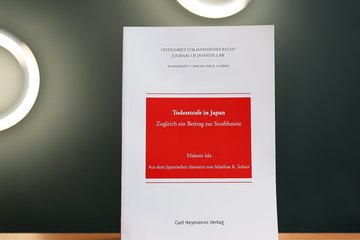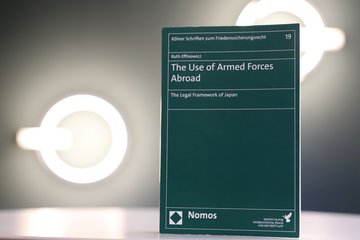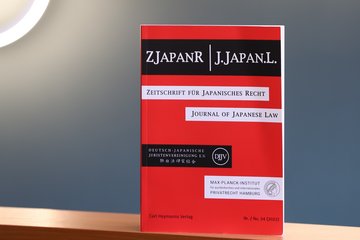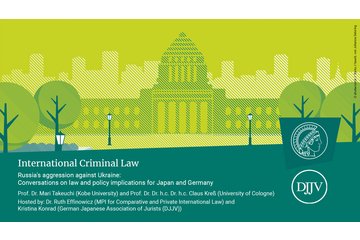Comparative Political Process Theory in Japan
New special issue of the Journal of Japanese Law
John Hart Ely’s political process theory (PPT), according to which political processes should be safeguarded by courts, remains highly influential in Japan. Subsequently, Ely‘s hypotheses have been embraced by comparative political process theory (CPPT), which, however, goes significantly further in its scope and aims. In April 2023, CCPT was the subject of an international symposium held at the Transnational Law Center of the University of Tokyo. A selection of the papers presented at the symposium have been published in a special issue of the Zeitschrift für Japanisches Recht/Journal of Japanese Law (ZJapanR /J.Japan.L.).
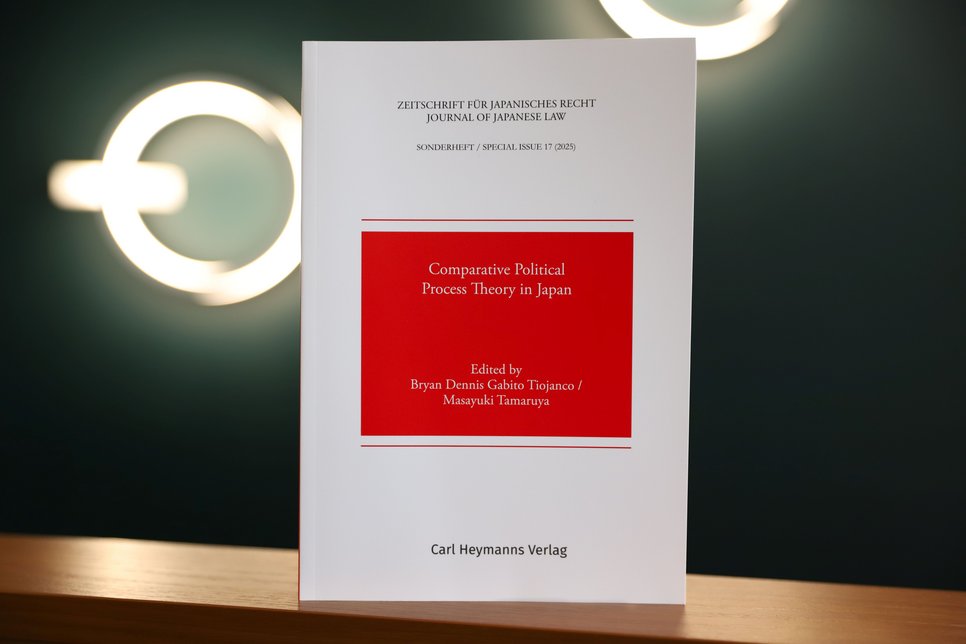
In their foreword, Bryan Tiojanco and Masayuki Tamaruya walk through the individual articles and describe the Japanese context. Shigenori Matsui responds to criticisms levelled at the constitutional theory of Ely and explains its continuing importance. Yasuo Hasebe argues that John Rawls’ theory of political liberalism should be adopted alongside CPPT as a morally legitimate model of democracy. Keigo Obayashi is of the opinion that Ely‘s theory is not a good fit for constitutional adjudication in Japan but that CPPT could make a positive contribution. Nobuki Okano observes that CPPT helps us to understand the rather passive and “catalytic” review exercised by Japanese courts as a form of representation reinforcement. Minori Okochi examines ongoing litigation over same-sex marriage in Japan and the potential role of CPPT. Hajime Yamamoto outlines the challenges which the human rights situation of non-citizens poses for Japanese constitutionalism and CPPT. Rosalind Dixon concludes with a review of all the contributions and places them in the context of academic research on CPPT.
The special issue is an open access publication and is available at https://doi.org/10.71163/zjapanr.sh.17.2025
The ZJapanR /J.Japan.L. is an international journal for researchers and practitioners interested in Japanese law; it aims to make all areas of the Japanese legal system accessible in a comprehensive and methodologically structured manner.
Image: © Max Planck Institute for Comparative and International Private Law / Bastian Kurzynsky
